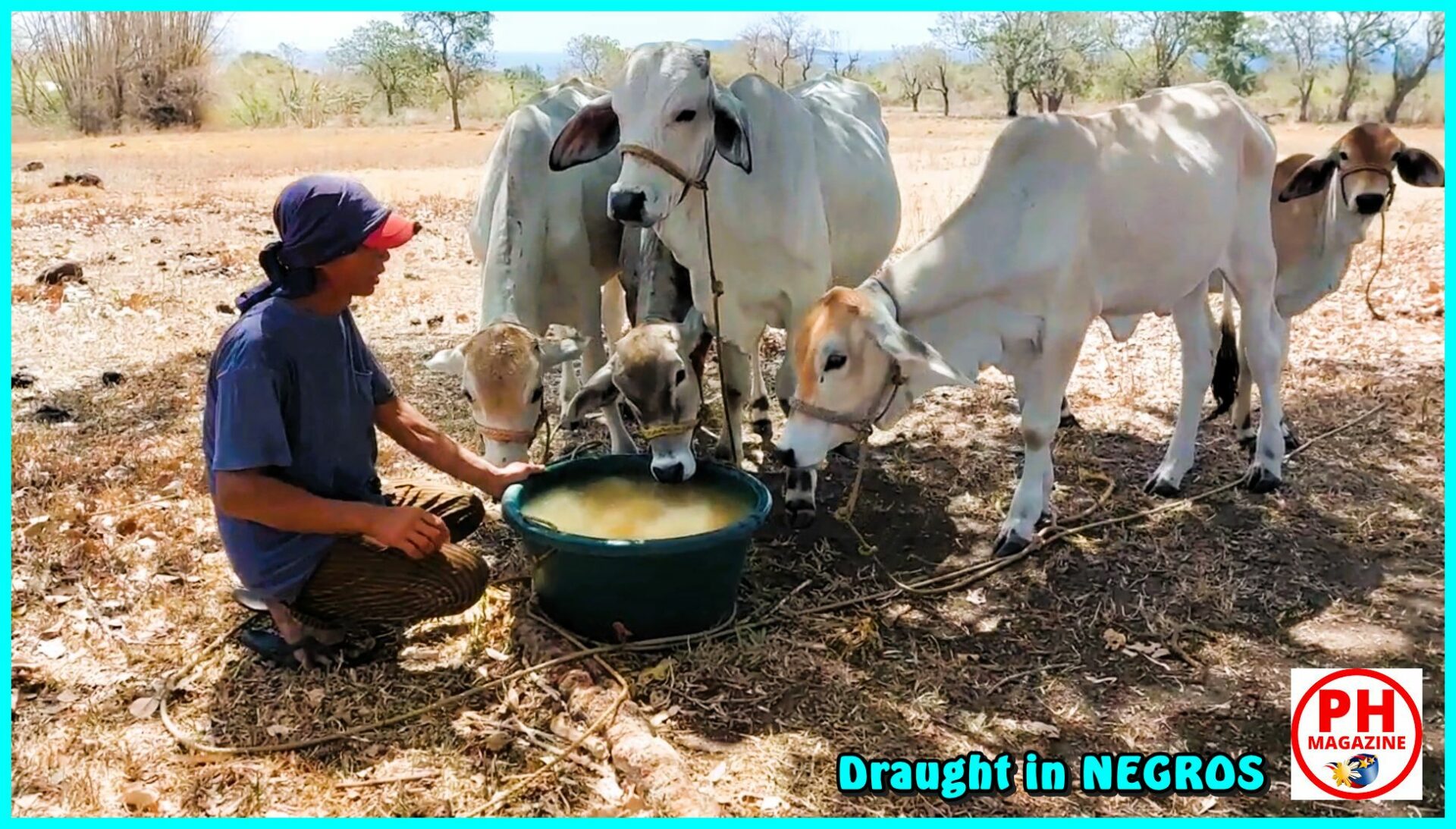The island of Negros in the Philippines is currently experiencing a severe drought, posing significant challenges to agriculture, water supply, and livelihoods. The drought is primarily attributed to the prolonged dry season and below-average rainfall, exacerbated by climate change.
As a result of the drought, agricultural areas in Negros are facing water shortages, leading to reduced crop yields and loss of income for farmers. Water sources such as rivers, streams, and reservoirs are drying up, affecting irrigation systems and water supply for both farming and domestic use.

Communities across Negros are also grappling with water scarcity, with some areas experiencing rationing and reliance on alternative water sources. The lack of access to clean and sufficient water poses risks to public health and sanitation.
Efforts to mitigate the impacts of the drought include water conservation measures, the distribution of relief goods, and the implementation of cloud seeding operations to induce rainfall. However, the challenges persist, underscoring the urgent need for sustainable water management practices and resilience-building initiatives to address the effects of climate change on the island’s water resources.